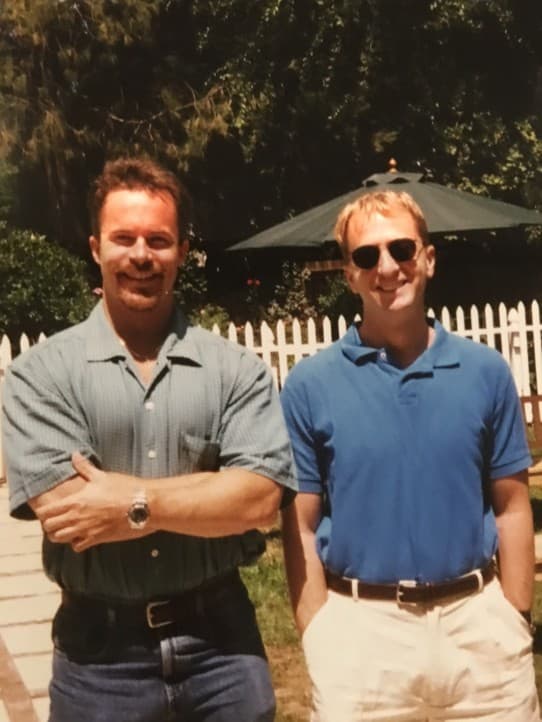GeoCities Pioneers Free Web Hosting, Offering 2 MB of Space to Early Internet Users

In a significant early development for the World Wide Web, David Bohnett and John Rezner founded Beverly Hills Internet in November 1994, which was subsequently renamed GeoCities in 1995. The platform quickly distinguished itself by offering users an unprecedented 2 MB of free disk space, a generous allocation for personal web pages at the time. This initiative played a crucial role in democratizing web publishing, allowing individuals without technical expertise to establish an online presence.GeoCities rapidly evolved beyond simple hosting, creating a unique "neighborhood" model where users chose themed communities like "Hollywood" or "SiliconValley" for their personal pages. This innovative structure fostered a sense of virtual community, encouraging users, known as "Homesteaders," to connect based on shared interests. The service's user-friendly tools, including a "Personal GeoPage Generator," further simplified the process of creating a website, contributing to its widespread adoption.By 1999, GeoCities had become the third most-visited website globally, attracting millions of users and demonstrating the immense potential of user-generated content. Its success caught the attention of internet giants, leading to its acquisition by Yahoo! for approximately $3.57 billion in stock in January 1999, near the peak of the dot-com bubble. This acquisition marked a significant milestone in the early commercialization of the internet.Following the acquisition, GeoCities continued to operate under Yahoo!'s ownership for another decade, though it faced challenges with evolving web technologies and the rise of social media platforms. Yahoo! ultimately announced the closure of the U.S. GeoCities service on October 26, 2009, bringing an end to an era of pioneering personal web hosting. Despite its eventual shutdown, GeoCities' legacy as an early enabler of online self-expression and community building remains a notable chapter in internet history.